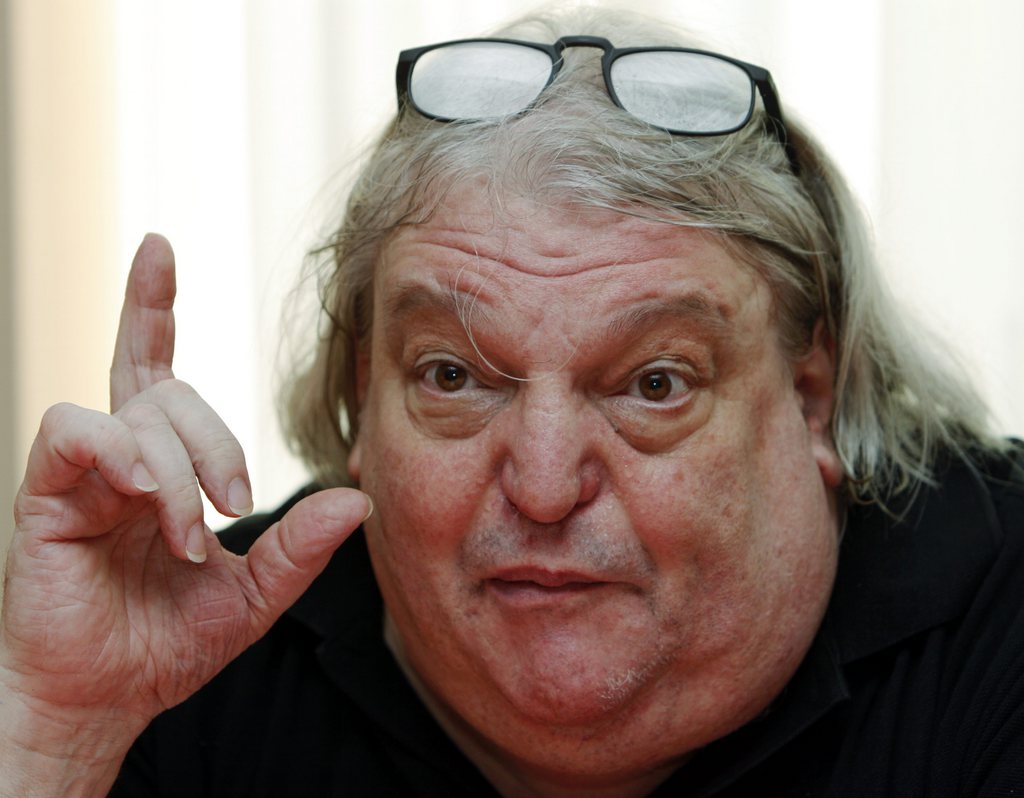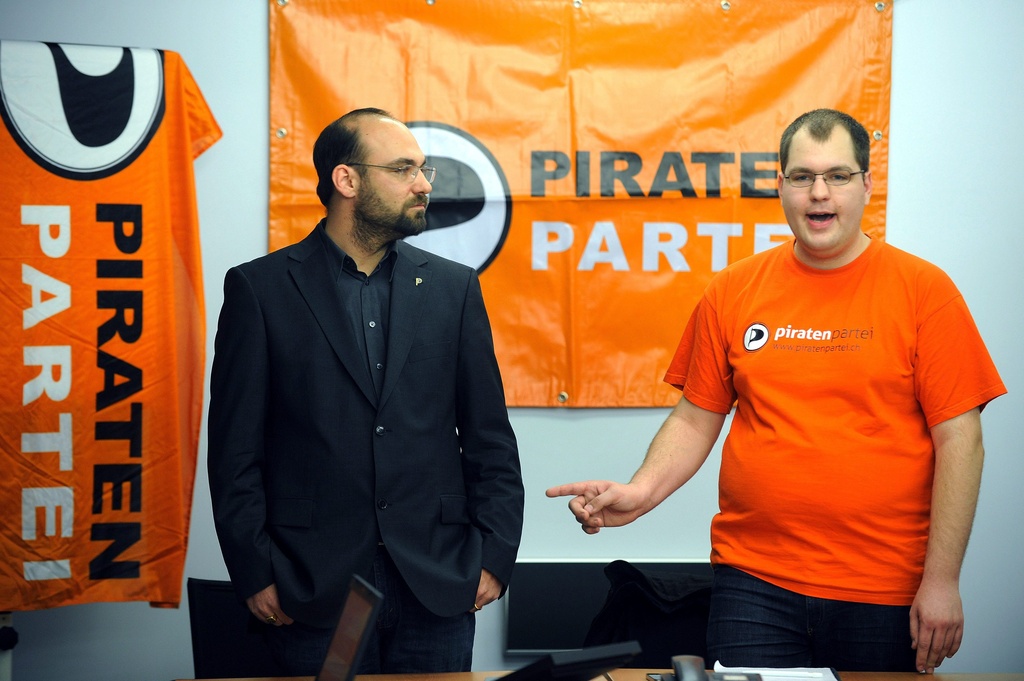Ticino nationalist party leader dies

The founder and controversial leader of Ticino’s nationalist Lega dei Ticinese party, Giuliano Bignasca, has died at age 67. Although rarely heard beyond the northern borders of his canton, he earned a national reputation as an ardent anti-European.
Bignasca was found dead at his home early Thursday. The city council, on which he served, confirmed his death but gave no details.
Bignasca founded in 1991 the Lega, which became a major force in Switzerland’s Italian-speaking Ticino. He was considered the heart and soul of the party and its main financial backer.
It went from a small group fighting the status quo to one of Ticino’s political powerhouses, becoming the biggest party at the April 2011 cantonal parliamentary elections.
“The Lega was Bignasca,” said party member Marco Borradori, who is the head of canton’s construction department.
The Lega has never played a major political role north of the Alps despite usually sending two representatives to parliament in Bern. Bignasca himself spent time in the House of Representatives, in 1994 and 1995, and from 1999 to 2003, but he failed to have an impact, notably due to his lack of knowledge of German according to observers.
Some influence
However, this did not mean the Lega has been without influence. It helped defeat plans for Switzerland to join the European Economic Area in 1992 in a nationwide vote. This was considered a loss for the political establishment and a victory for Switzerland’s anti-European movement that still resonates today.
Bignasca and his party embodied the anti-European stance in their own way. Since then, they have been profoundly against closer ties with the European Union, demanded a strict application of Swiss neutrality and fought against Switzerland joining the United Nations.
The Lega’s biggest national success came when it almost singlehandedly forced (and won) a nationwide vote against sending Swiss UN peacekeepers abroad.
Voters in Ticino, influenced by Bignasca and his party, have always voted in recent years against new bilateral accords with the EU. Enough for most observers to consider the Lega’s leader the reason for Ticino’s isolationist outlook.
The Lega has also backed tougher restrictions for asylum seekers and less immigration. Bignasca, himself a former top-level football player, once famously complained that the Swiss national team had too many dark-skinned players.
Italy relations
The party has been at odds with Ticino’s neighbour Italy too.
During the 2011 election campaign, Bignasca complained about the Italians and demanded restrictions on the number of cross-border workers making their way to Ticino. He even advocated building a four-metre wall between Switzerland and Italy.
But he still managed to have close ties to Italy’s once influential Lombardy League, and his was the only Swiss party that could claim to have any chance of being heard in Rome.
His friends in the rest of Switzerland were few and far between, partly due to the way the entrepreneur called Swiss Germans “bailiffs” and the parliament in Bern a “chicken coop”.
His outbursts got him into to trouble a number of times, but he also landed in court several times for other offenses including cocaine use. He was even once fined for offering a reward to people who removed radar speed traps from roads.
(With input from Gerhard Lob)

In compliance with the JTI standards
More: SWI swissinfo.ch certified by the Journalism Trust Initiative


You can find an overview of ongoing debates with our journalists here . Please join us!
If you want to start a conversation about a topic raised in this article or want to report factual errors, email us at english@swissinfo.ch.